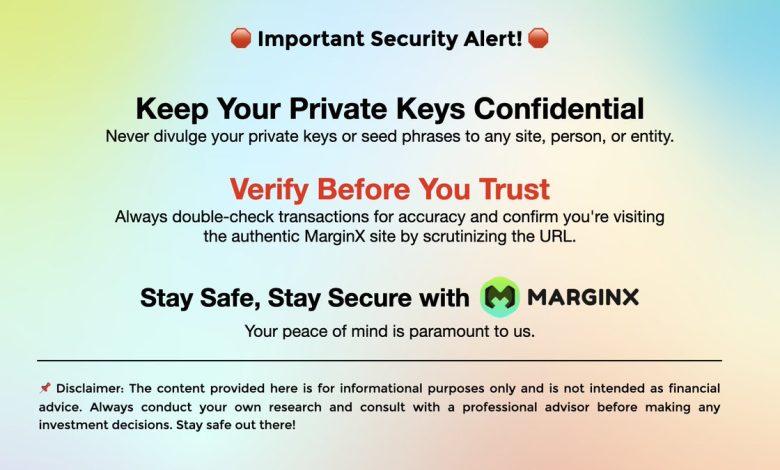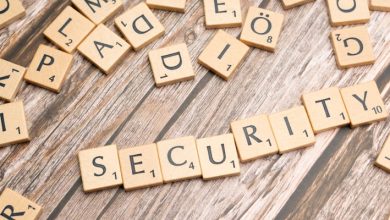Best Practices for Keeping Your Private Keys Safe

- Understanding the importance of private keys
- Tips for creating strong and secure private keys
- The risks of storing private keys online
- Best practices for securely storing private keys offline
- How to protect your private keys from theft or loss
- The role of encryption in safeguarding private keys
Understanding the importance of private keys
Private keys are a crucial component in ensuring the security of your digital assets. These keys are essentially the passwords that grant access to your cryptocurrencies or other sensitive information stored on the blockchain. Without your private keys, you risk losing control over your assets, as they are the only way to authorize transactions. It is essential to keep your private keys safe and secure to prevent unauthorized access and potential theft.
When it comes to understanding the importance of private keys, it is vital to recognize that they are the primary means of protecting your digital assets. By safeguarding your private keys, you are essentially safeguarding your investments and personal information. Losing your private keys can result in irreversible consequences, such as losing access to your funds permanently. Therefore, it is crucial to handle your private keys with the utmost care and attention.
One of the best practices for keeping your private keys safe is to store them in a secure location, such as a hardware wallet or a secure offline storage device. By keeping your private keys offline, you can significantly reduce the risk of them being compromised by hackers or malware. Additionally, it is essential to create backups of your private keys and store them in multiple secure locations to ensure that you can recover them in case of loss or theft.
In conclusion, understanding the importance of private keys is paramount to safeguarding your digital assets and personal information. By following best practices for keeping your private keys safe, such as storing them offline and creating backups, you can minimize the risk of unauthorized access and potential theft. Remember, your private keys are the keys to your digital kingdom, so handle them with care and diligence.
Tips for creating strong and secure private keys
When it comes to creating strong and secure private keys, there are several tips to keep in mind to ensure the safety of your sensitive information. One important tip is to generate your private key using a secure random number generator. This will help prevent any patterns or predictability in your key, making it harder for hackers to crack.
Another tip is to use a long and complex passphrase when creating your private key. The longer and more complex your passphrase is, the more secure your private key will be. Avoid using easily guessable information such as birthdays or common words.
It is also crucial to store your private key in a secure location, such as an encrypted USB drive or a hardware wallet. Avoid storing your private key on your computer or in the cloud, as these are more vulnerable to hacking attempts.
Regularly backup your private key to prevent any loss of access to your encrypted data. Make sure to store your backups in multiple secure locations to avoid any potential data loss.
Lastly, be cautious when sharing your private key with others. Only share your private key with trusted individuals or services, and never send it over unencrypted channels such as email or messaging apps.
The risks of storing private keys online
Storing private keys online poses significant risks to the security of your digital assets. When private keys are stored on the internet, they are vulnerable to hacking, phishing attacks, and other malicious activities. Hackers can exploit vulnerabilities in online storage platforms to gain access to your private keys and steal your cryptocurrencies or sensitive information.
Furthermore, storing private keys online means that you are relying on a third party to keep your keys secure. This introduces an element of trust into the equation, as you must trust that the online storage provider has implemented robust security measures to protect your private keys. However, even the most secure platforms can be compromised, putting your assets at risk.
Another risk of storing private keys online is the potential for human error. If you accidentally share your private keys or fall victim to a phishing scam, you could lose access to your digital assets permanently. Additionally, if the online storage platform experiences technical issues or goes offline, you may not be able to access your private keys when you need them most.
Best practices for securely storing private keys offline
When it comes to securely storing private keys offline, there are several best practices that can help ensure the safety of your sensitive information. One effective method is to use a hardware wallet, which is a physical device specifically designed for storing private keys in a secure manner. These wallets are often encrypted and require a PIN or password to access, adding an extra layer of protection.
Another option is to use a paper wallet, which involves printing out your private keys and storing them in a safe place, such as a safe deposit box or a locked drawer. This method is considered highly secure as long as the paper is kept safe from theft, fire, and water damage.
It is also important to create multiple backups of your private keys and store them in different secure locations. This way, if one backup is lost or compromised, you will still have access to your keys. Be sure to encrypt your backups and use strong passwords to protect them from unauthorized access.
Additionally, consider using a passphrase in conjunction with your private keys for added security. A passphrase is a series of words or characters that you create and use to encrypt your keys. This can help protect your keys even if they fall into the wrong hands.
How to protect your private keys from theft or loss
Protecting your private keys is crucial to safeguarding your digital assets. Here are some best practices to prevent theft or loss:
- Store your private keys in a secure location, such as a hardware wallet or encrypted USB drive.
- Avoid sharing your private keys with anyone, including friends or family members.
- Use a strong password to encrypt your private keys and consider using a password manager for added security.
- Regularly back up your private keys and store them in multiple secure locations to prevent loss.
- Be cautious of phishing scams and only enter your private keys on official websites or platforms.
By following these best practices, you can minimize the risk of theft or loss of your private keys and protect your digital assets from unauthorized access.
The role of encryption in safeguarding private keys
Encryption plays a crucial role in ensuring the security of private keys. By encrypting private keys, individuals can protect them from unauthorized access and potential theft. Encryption involves encoding the private key in such a way that only authorized parties with the correct decryption key can access it. This adds an extra layer of security to private keys, making them less vulnerable to cyber attacks and breaches.



